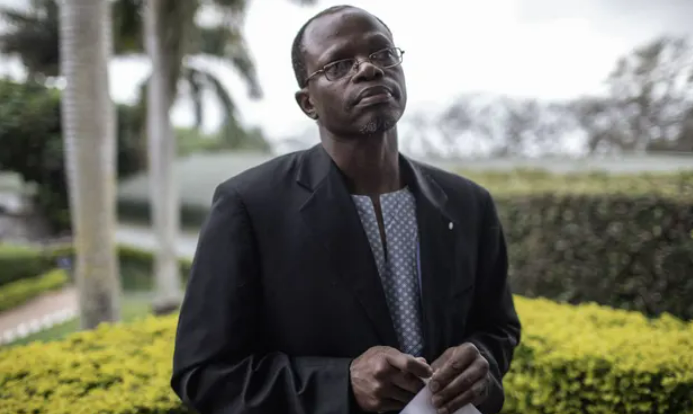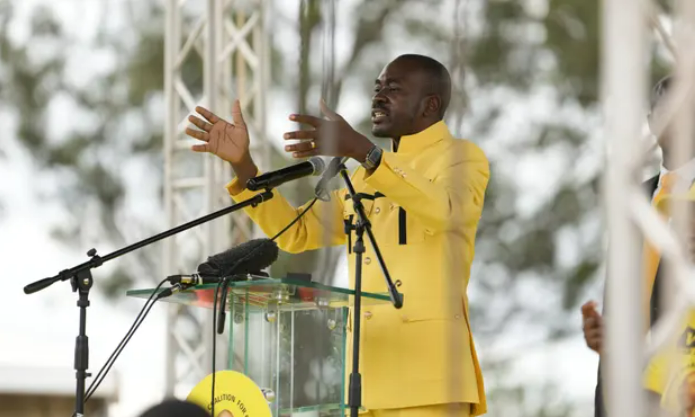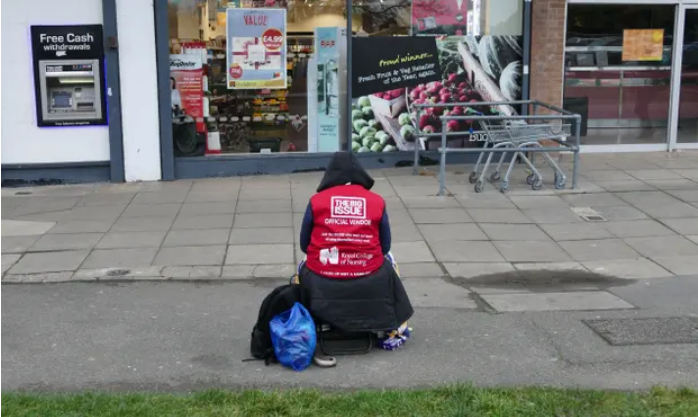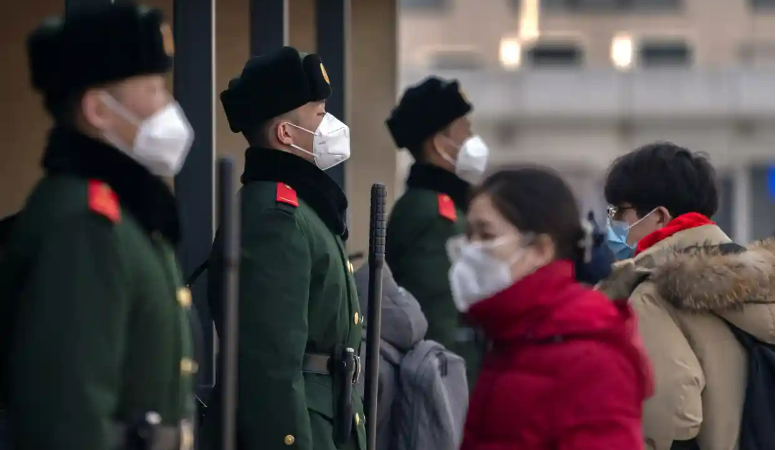Eswatini: Pro-democracy activist’s murder sparks outrage

A thorough inquiry into the murder of a prominent pro-democracy activist has been promised by Eswatini authorities despite widespread concerns that state security forces may have been involved.
The head of a coalition of pro-democracy organizations, Thulani Maseko, was shot and killed on Saturday at his home in Luyengo, which is some 45 kilometers from the capital, Mbabane.
A thorough inquiry into the murder of a prominent pro-democracy activist has been promised by Eswatini authorities despite widespread concerns that state security forces may have been involved.
The head of a coalition of pro-democracy organizations, Thulani Maseko, was shot and killed on Saturday at his home in Luyengo, which is some 45 kilometers from the capital, Mbabane.
“Eswatini, southern Africa, and the world have all lost a true champion and advocate for peace, democracy, and human rights as a result of his cold-blooded murder.”
The tiny nation, which is the last absolute monarchy in Africa and is tethered between South Africa and Mozambique, has experienced waves of instability in recent years, leading to a series of crackdowns.
A procession at the royal residence of Engabezweni was addressed by King Mswati III hours before Maseko was killed. He said that activists had “initiated the violence first” and that “further trouble was coming for them.”
The monarch responded, “People shouldn’t cry and whine about mercenaries killing them.
Since 1986, Mswati has been the president of Eswatini, formerly known as Swaziland, and she has frequently been accused of violating human rights. It is known that authorities have employed private South African security firms to train security forces.
A government official, Alpheous Nxumalo, denied security personnel’s participation and stated that an inquiry was ongoing.
We are confident that the truth about this situation will come to light and that those responsible will be held accountable, Nxumalo said.
Maseko, 52, played a key role in the campaign to convert Eswatini into a multiparty democracy. He was arrested in 2014 and later released after being found not guilty on appeal for allegedly criticizing the judiciary’s lack of independence.
Assassins “shot [Maseko] through the window when he was inside [the] house with his family,” according to opposition spokesperson Sikelela Dlamini.
The murder was cited as “the clearest indicator of the lengths to which Mswati will go to cling on to power” by the Swaziland Solidarity Network, an opposition organization with roots in South Africa.
According to the UN, Maseko was representing two clients who were being tried for suspected crimes committed during the unrest in 2021 at the time of his death.
Protests led primarily by young people began in May 2021 when a law student was killed under circumstances that might have indicated police participation. However, unrest rapidly increased when authorities declared they would reject any additional “petitions” to the king, removing one of the only channels for the kingdom’s citizens to air their complaints and frustrations.
Following the protests, there was a general breakdown of law and order as well as sporadic looting and burning.
How many divers will Rishi Sunak need to delve into Nadhim Zahawi’s tax troubles’ deep depths?
According to observers, there are echoes of protests and violence that has pitted educated and connected urban youth against long-established rulers and elites in other parts of Africa in Eswatini.
The median age in the nation is 21, and the jobless rate is over 40%. Even while the king enjoys showy luxury, including a fleet of expensive automobiles, private jets, multiple palaces, and 15 wives, the World Bank estimates that about 60% of his subjects are impoverished. Several members of a vast royal family live luxurious lives and have no qualms about sharing pictures of their opulence on social media.
Your next iPhone could be significantly easier to purchase if Apple meets its 25% Indian production target.
Despite the fact that certain local representatives are elected, analysts claim that the king effectively elects MPs, runs parliaments, and picks ministers. A number of oppressive regulations have long been used to silence dissenters, with the People’s United Democratic Movement (Pudemo), the largest opposition group, being outlawed due to terrorism.





